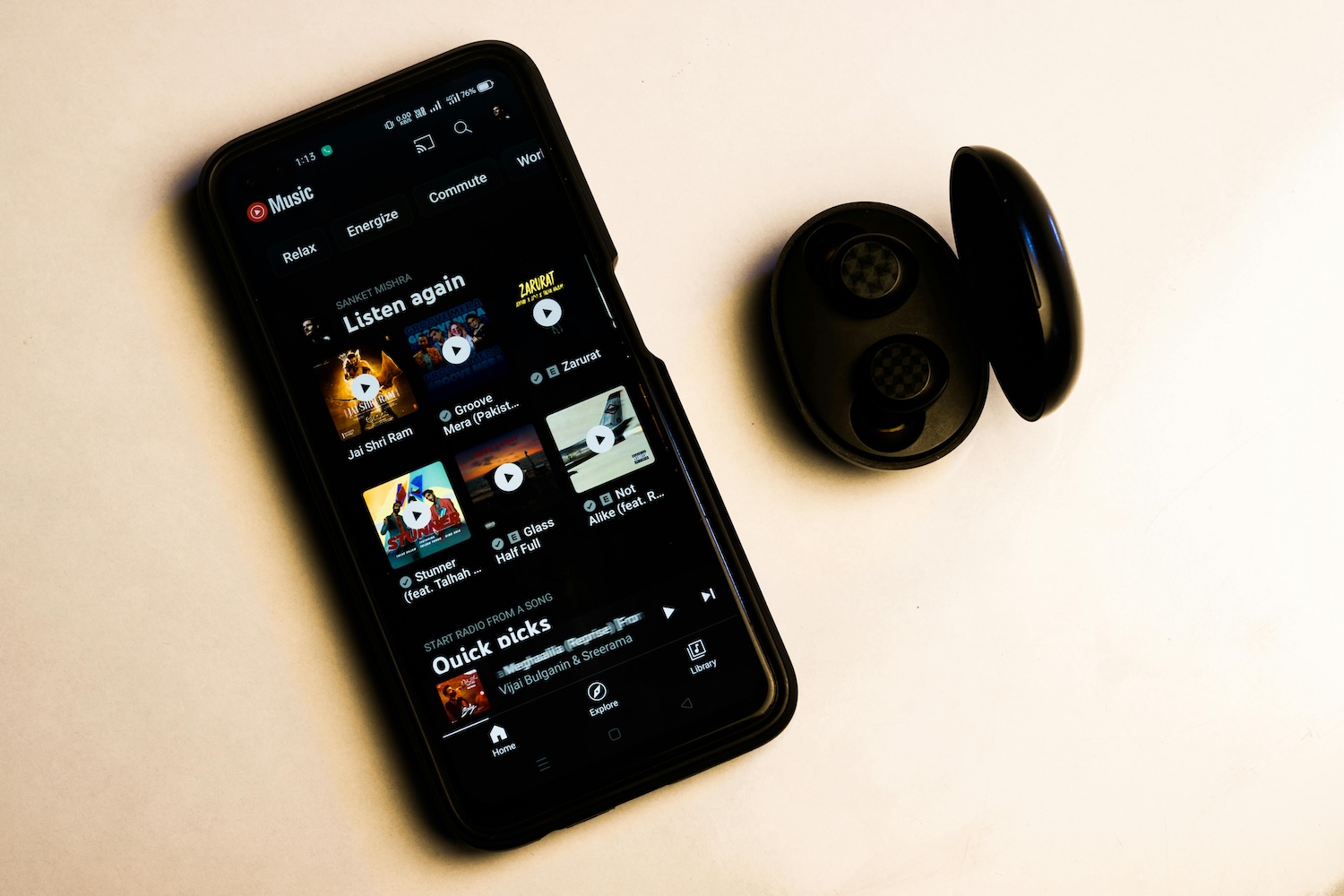Blog
Latest News

More live gigs do not appear by chance. They come when strategy, visibility and consistency work together. Here are practical steps both solo artists and bands can use to secure more shows and grow their live presence.

Beatnickel is a new free platform created to bring musicians together across genres, skill levels and borders. Whether you want to find a band, collaborate on new music or expand your creative network, Beatnickel makes it easier than ever.

Getting more gigs is not about luck. It is about visibility, strategy and building the right relationships. With a focused approach, you can create a steady flow of live shows and grow your presence on stage.

If you want more live shows, you need to present yourself clearly and professionally. This guide shows you how to craft a pitch that makes venues and festivals want to book you.

More and more musicians are taking marketing into their own hands. A strong release plan can be the difference between a song that disappears in the noise and a song that finds its audience. Here is a simple and effective guide to building your own release plan from scratch.

Reaching 1,000 monthly listeners feels like a milestone, but it is far more achievable than most people think. With clear goals, consistent releases and active community building, you can create the first wave of listeners that becomes the foundation of your future fanbase.



